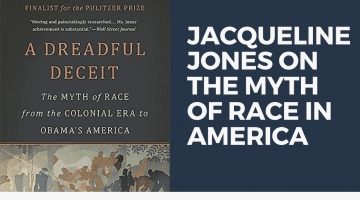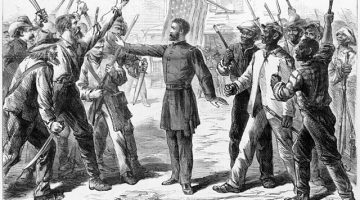
What do statues commemorating Confederate leaders mean? Why has the university decided to remove such statues? And why has the issue been so controversial? On Thursday, August 31 2017, speakers from the University of Texas, the Texas State Historical Association, and the Briscoe Center for American History came together to address these questions and more. […]

